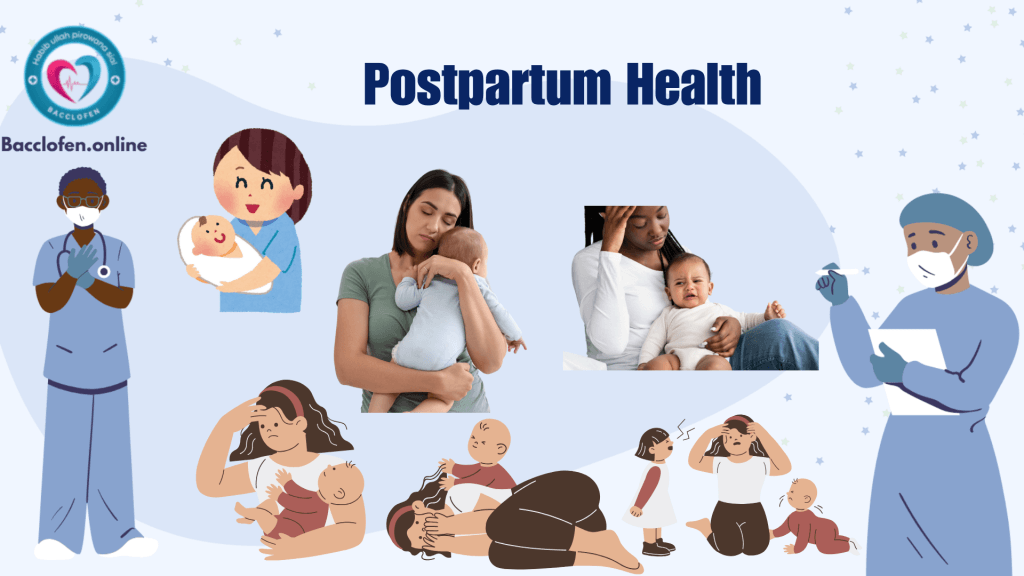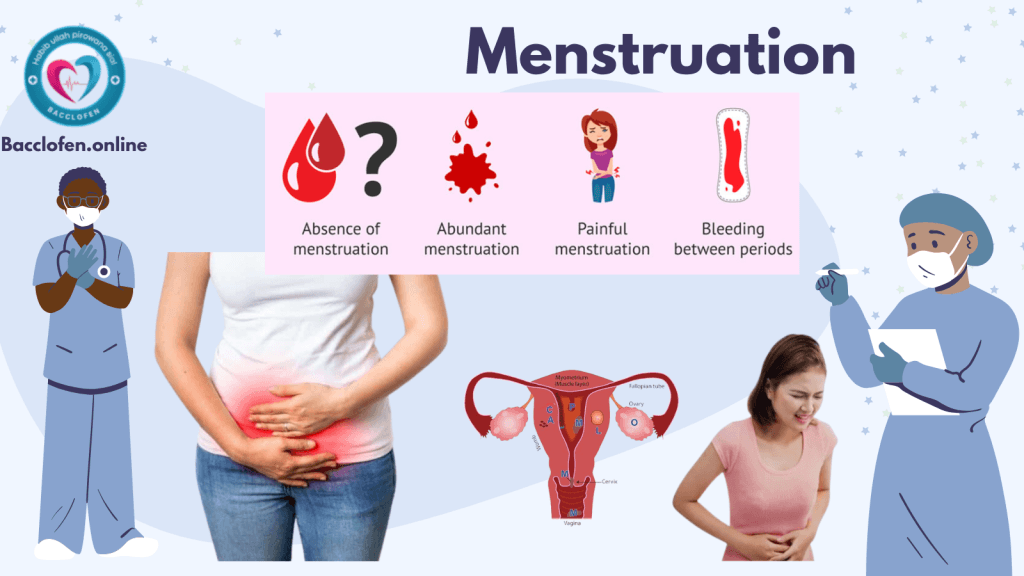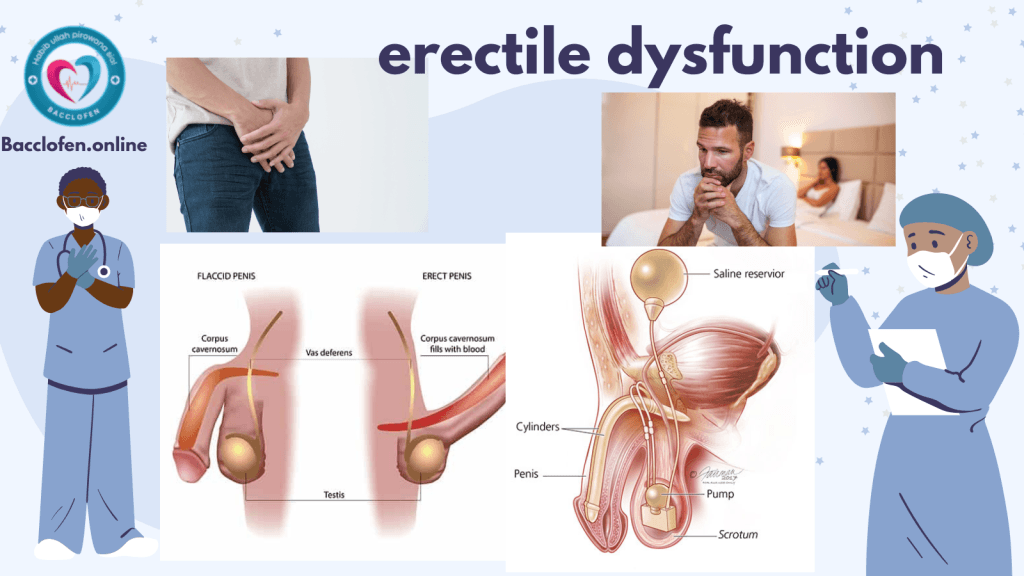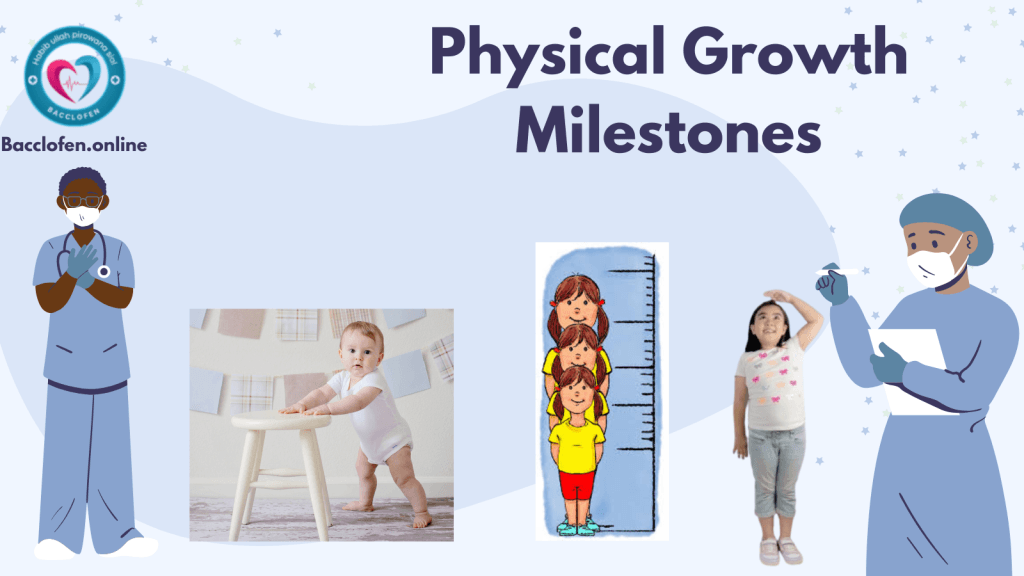The postpartum period, often referred to as the “fourth trimester,” begins immediately after childbirth and typically lasts for six weeks, though recovery may extend longer for some women. This is a time of immense physical, emotional, and hormonal changes as the body begins to heal and adjust to the new demands of motherhood. Proper care during this phase is essential for the mother’s health and overall well-being. This guide outlines the key aspects of postpartum health, including physical recovery, mental wellness, nutrition, and practical tips for navigating this transformative period.
Physical Recovery After Childbirth
Childbirth, whether vaginal or through a cesarean section, puts significant stress on the body. Understanding the physical changes and allowing time for recovery are crucial during the postpartum phase.
1. Uterine Recovery
After childbirth, the uterus gradually returns to its pre-pregnancy size through a process called involution. This can take about six weeks. Women may experience:
- Postpartum Bleeding (Lochia): A discharge composed of blood, mucus, and uterine tissue that lasts up to 4–6 weeks. It starts as bright red and progressively lightens in color.
- Afterpains: Cramping as the uterus contracts back to its normal size. These are more noticeable during breastfeeding due to the release of oxytocin, which stimulates uterine contractions.
2. Vaginal Healing
Women who deliver vaginally may experience:
- Swelling, Tears, or Episiotomy Wounds: The perineal area may be tender. Cold compresses, sitz baths, and gentle hygiene can ease discomfort.
- Pelvic Floor Weakness: Kegel exercises can strengthen pelvic muscles and improve bladder control.
3. Cesarean Section Recovery
Recovery after a C-section takes longer than a vaginal delivery. Common considerations include:
- Incision Care: Keeping the surgical site clean and monitoring for signs of infection like redness, swelling, or discharge.
- Physical Limitations: Avoid heavy lifting, strenuous activities, or driving for several weeks to allow the abdominal muscles and incision to heal properly.
4. Breast and Nipple Care
Breastfeeding can be challenging initially. New mothers may face:
- Engorgement: Breasts may feel full, swollen, and tender as milk production begins. Frequent nursing or pumping can relieve this discomfort.
- Sore Nipples: Proper latching techniques, nipple creams, and breast shields can help reduce pain.
Postpartum Mental Health
The postpartum period can be emotionally overwhelming due to hormonal changes, sleep deprivation, and the demands of caring for a newborn. Postpartum mental health conditions include:
1. Baby Blues
- Symptoms: Mood swings, irritability, anxiety, crying, and fatigue.
- Duration: Baby blues are common and usually resolve within 1–2 weeks without medical intervention.
2. Postpartum Depression (PPD)
PPD is a more severe and long-lasting condition that requires professional support.
- Symptoms: Persistent sadness, withdrawal, extreme fatigue, loss of interest in activities, difficulty bonding with the baby, and thoughts of self-harm.
- Treatment: Therapy, counseling, support groups, and, in some cases, medication can help mothers recover.
3. Postpartum Anxiety
Some women experience heightened worry, intrusive thoughts, or panic attacks after childbirth. Therapy, mindfulness practices, and lifestyle adjustments can help manage symptoms.
4. Postpartum Psychosis
A rare but severe condition that requires immediate medical intervention. Symptoms include hallucinations, paranoia, confusion, and erratic behavior.
It’s essential for new mothers and their families to recognize these signs and seek timely support from healthcare professionals.

Nutrition and Diet for Postpartum Recovery
A nutritious diet is vital for recovery, energy, and breastfeeding. Key dietary components include:
- Protein: Essential for tissue repair and muscle strength. Include lean meats, fish, eggs, beans, and nuts.
- Iron: Replenishes blood lost during childbirth. Foods like red meat, spinach, lentils, and fortified cereals help prevent anemia.
- Calcium: Supports bone health and lactation. Incorporate dairy products, leafy greens, and fortified plant-based milks.
- Healthy Fats: Omega-3 fatty acids from fish, flaxseeds, and nuts support brain health and mood regulation.
- Hydration: Drinking plenty of water is crucial, especially for breastfeeding mothers to maintain milk supply.
A balanced postpartum diet ensures both the mother and baby receive adequate nutrients for growth and recovery.
Rest and Sleep
Newborn care often disrupts a mother’s sleep cycle. Lack of sleep can slow down recovery and negatively impact mental health. Tips for managing rest include:
- Nap When the Baby Sleeps: Short naps throughout the day help compensate for nighttime disruptions.
- Share Responsibilities: Partners or family members can assist with feedings, diaper changes, or household chores.
- Establish a Nighttime Routine: Keeping the bedroom dark and quiet helps signal rest time for both mother and baby.
Exercise and Physical Activity
Gradually resuming physical activity can aid recovery, improve energy levels, and reduce stress. However, it’s important to wait for a doctor’s clearance before starting any postpartum exercise program, especially after a C-section.
- Start with Gentle Movements: Walking and stretching can improve circulation and mood.
- Pelvic Floor Exercises: Kegels help strengthen pelvic muscles and reduce issues like incontinence.
- Avoid Strenuous Activities: Avoid heavy lifting, core exercises, or high-impact workouts until fully healed.
Regular physical activity also boosts endorphin levels, promoting better mental health.
Postpartum Checkups
Regular postpartum visits with a healthcare provider are critical to ensure physical and emotional recovery. These appointments usually include:
- Physical Examination: Checking for healing of incisions or tears, assessing uterus size, and monitoring blood pressure.
- Mental Health Screening: Discussing symptoms of depression, anxiety, or emotional challenges.
- Contraceptive Counseling: Discussing family planning and safe methods of birth control.
- Breastfeeding Support: Addressing any concerns about milk supply or breastfeeding challenges.
Building a Support System
Support from family, friends, and healthcare providers is invaluable during the postpartum period. New mothers often benefit from:
- Partner Involvement: Encouragement, practical help, and emotional support from partners ease stress and improve bonding with the baby.
- Parenting Groups: Connecting with other new parents provides reassurance and shared experiences.
- Professional Assistance: Lactation consultants, therapists, and postpartum doulas offer expert guidance for recovery and caregiving.
Postpartum Warning Signs
While recovery is usually smooth, certain symptoms require immediate medical attention:
- Excessive bleeding (soaking more than one pad per hour)
- Severe abdominal pain
- Signs of infection (fever, swelling, discharge)
- Chest pain or shortness of breath
- Thoughts of harming oneself or the baby
Prompt medical care ensures complications are identified and treated early.



Pingback: Ciprofloxacin : Uses, Benefits, and Side Effects - Bacclofen